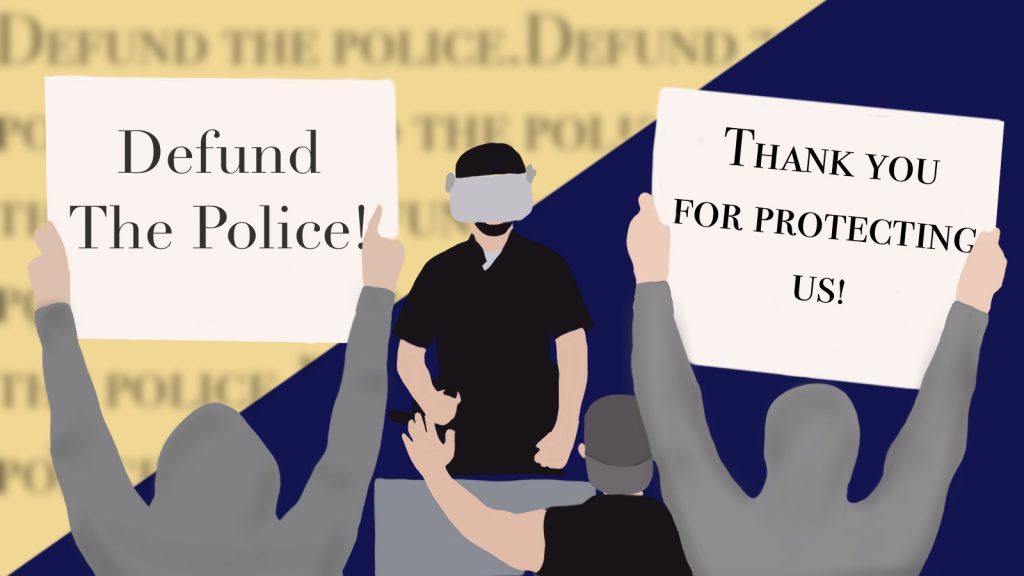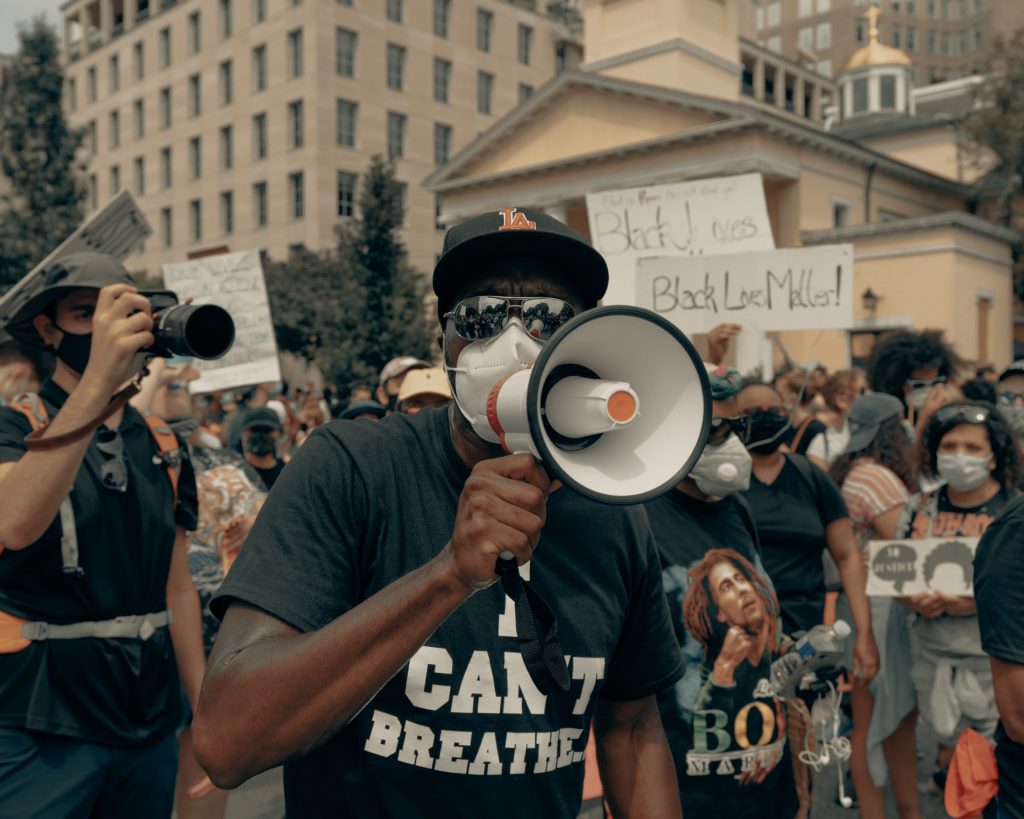In 2020, after the COVID-19 pandemic had really begun to ramp up worldwide, George Floyd was murdered in broad daylight by a Minneapolis police officer.
Floyd’s murder was met with heartbreak as well as an outcry against the United States police force as a whole by communities across the U.S.
The phrase “Defund the Police” became more widely used as a way of verbalizing some sort of action that could be taken against a militaristic force with its boot on the face of the American public. This widespread backlash was made possible through social media platforms.
People started posting blank black squares on their Instagram feeds to show their solidarity with the Black Lives Matter movement. But what did this performative activism actually achieve?
It wasn’t until I got a little older and started reading political theory on top of paying attention to the news, that I realized just how ineffective this means of activism can be, especially when used as a way to signal virtue during an important movement.
While I thank social media for my initial forte into political activism, I realize it’s not a form of real action. Social media can be used as a public forum to discuss and dissect ideas and concepts, but as a tool for social change? It just doesn’t work like that.
It is an unfortunate reality that big political decisions don’t lie within the jurisdiction of the people. Abraham Lincoln may have said “By the people, for the people,” but unless those “people” he refers to are the select few billionaires that run our government for profit, then that’s not a reality for the common people.
One of the real means of power the people have is through protest and collective action.
Protests can take many forms, and it is a really effective tool. Actions like marching in the streets with signs may come to mind, but protests can also include boycotts of certain companies, blackout days and so on.
It might make you feel good to repost an Instagram infographic on your story about a particular movement. But what is that really doing besides signaling to others that you think the right things, and that you have the right opinion on an issue?
Don’t get me wrong, I’ve posted my fair share of screenshotted tweets about current political issues I feel strongly about. Social media can be a great platform for thoughtful discussion and sharing information that provokes ideas in someone who may not have known about the issue.
It only gets to be a problem when your “activism” starts and ends on Instagram. It is more important that these ideas are taken into the real world and acted on in a material way, otherwise we’re all just talking at each other for no reason.
Having conversations with loved ones and friends is a great start. Though these conversations can be difficult, they can also serve as a doorway to opening someone’s mind up to new ideas.
Joining local advocacy groups and volunteering at shelters or food pantries are also ways to be politically active.
It’s important you don’t let social media sites like Instagram or TikTok be your end-all-be-all of political activism. You can demonstrate your solidarity and allyship with underprivileged groups by volunteering or protesting.




